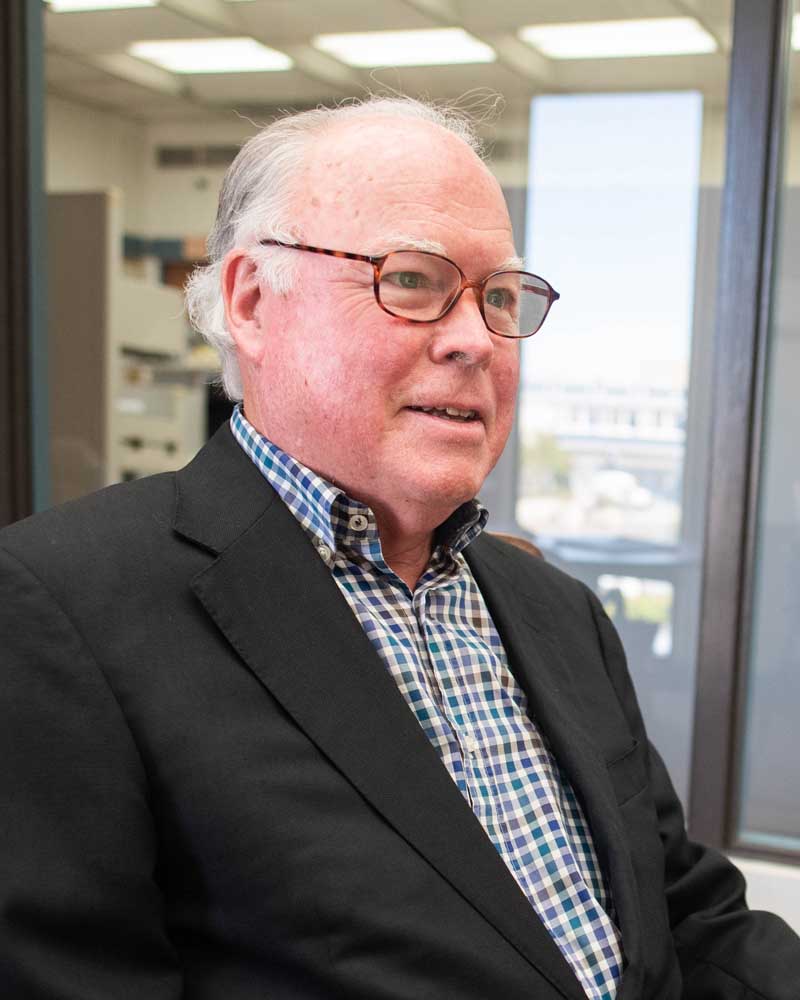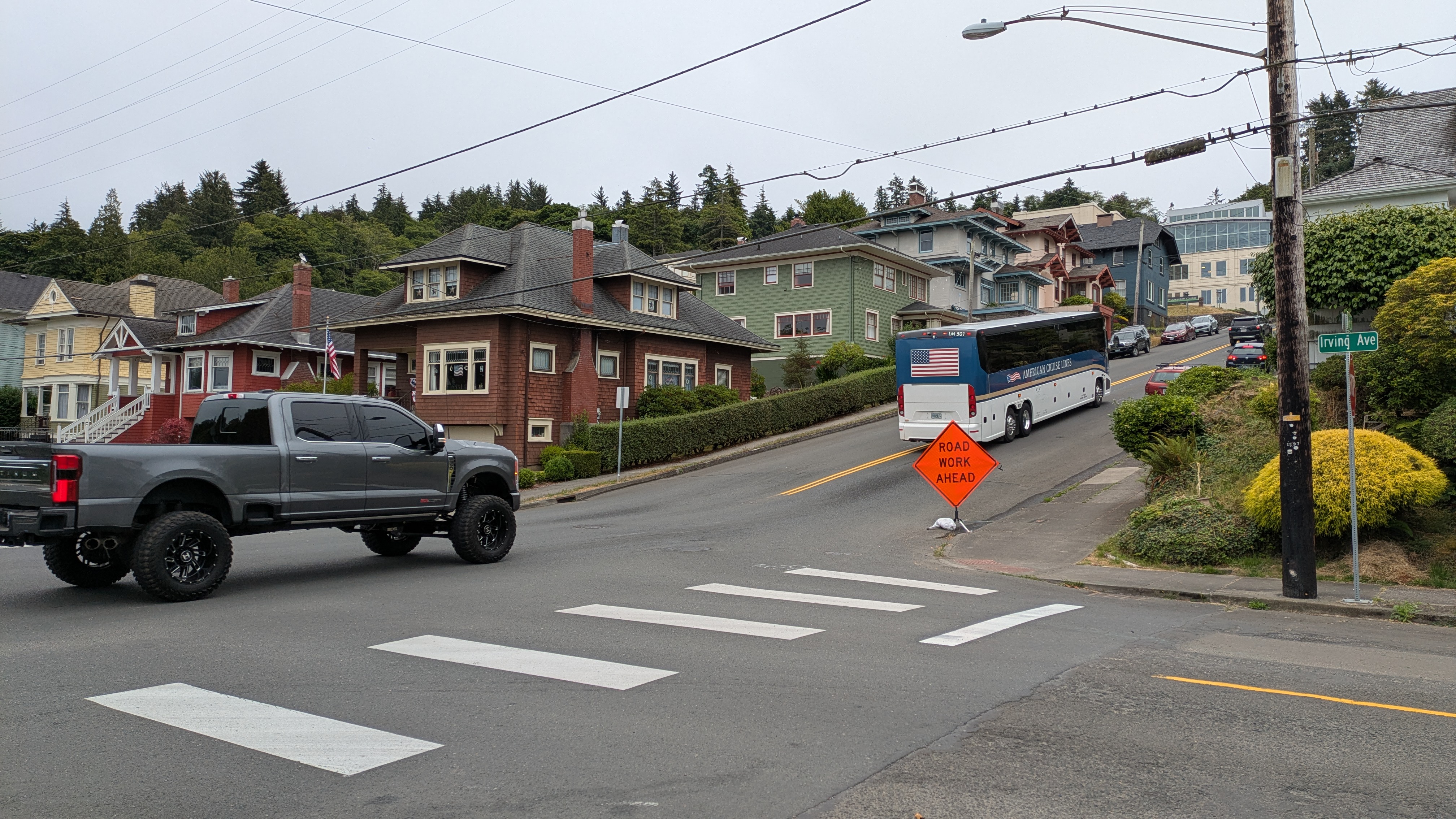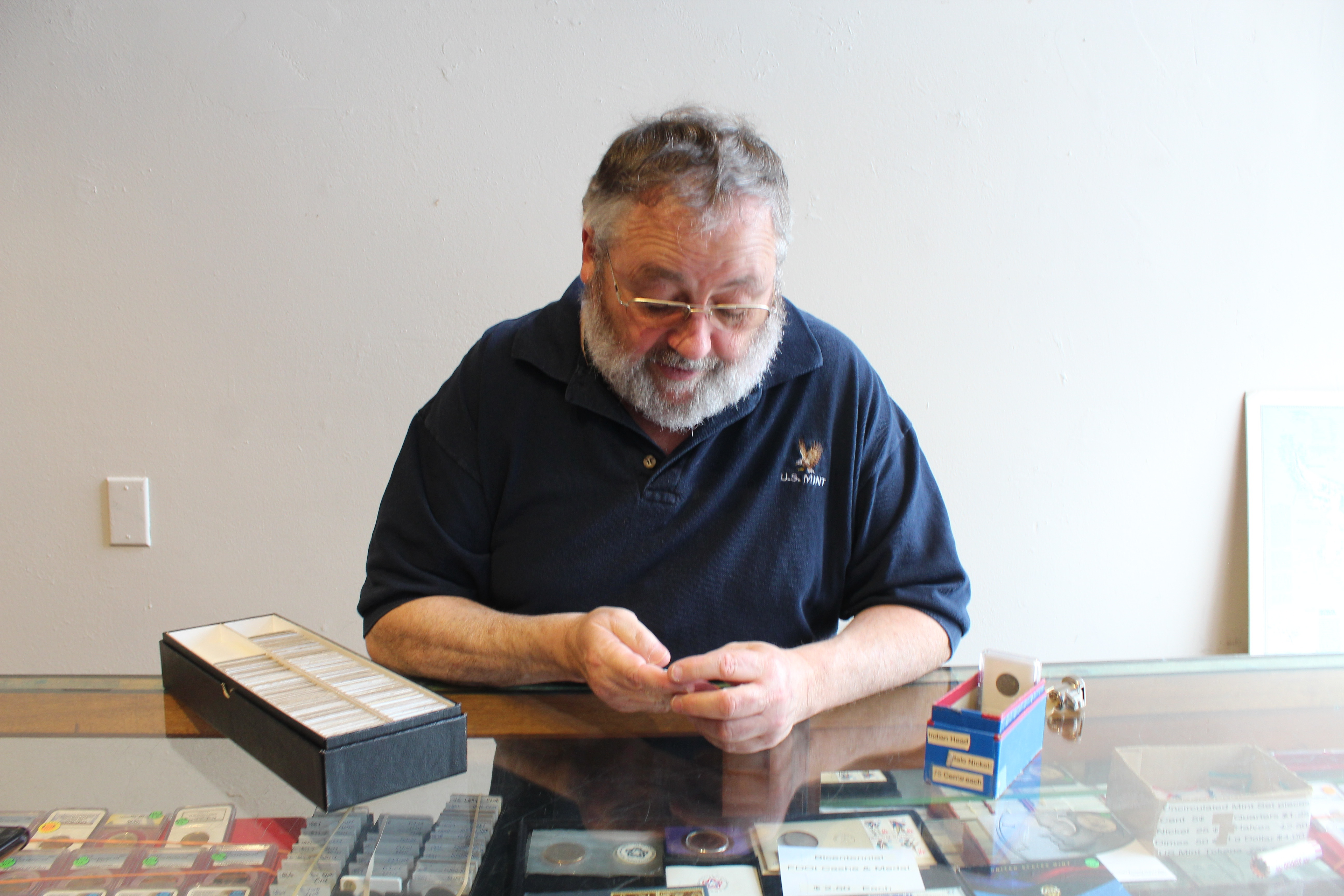Writer’s Notebook: Does Portland love itself?
Published 12:30 am Saturday, March 13, 2021

- Steve Forrester
I have a box of index cards for a book that I never wrote. The working title was “Goodbye, Oregon: The Passing of a Place.” I gathered research material in the 1980s. The book’s premise was that various geographical and cultural landmarks of the state, that I had known since the 1950s, were being transformed.
Trending
Today, I am wondering whether that thesis should be applied to what is happening to Portland.
Having grown up in Oregon, I have known many Portlands. The city I knew in my adolescence was a middle-class town with block after downtown block of smaller, family-owned shops and restaurants. I subsequently called Portland my home from 1968 to 1978. That Portland was a charming place that fine dining had not discovered.
I believe it was the economist Jane Jacobs who observed that, “Great cities love themselves.” It seemed to me that Jacobs’ axiom fit Portland in those days. It was not yet the foodie paradise it would become. The Trail Blazers won their NBA championship. The town’s rich architecture was something to study and be proud of.
Trending
These days, I wonder about Portland’s affection for itself. During an interview I did with a Portland-based magazine editor in mid-January, I recited Jacobs’ observation and asked: “Does Portland love itself these days?” She answered: “No.”
Following the killing of George Floyd by Minneapolis police, Portland’s nightly Black Lives Matter demonstrations — as the nights wore on — were taken over by rioters. Among their contradictory desecrations was removing the Afro-American Heritage Bicentennial Commemorative Quilt from its display in the Oregon Historical Society. Created by a group of 15 Portland African American women, the quilt depicted key moments and persons from the African American history of America. Among the quilters was Gladys McCoy, the first person of color elected to public office in Oregon.
Portland’s riots became much more than a staple of violent footage for television news. They have taken a toll.
Portland’s preeminent journalist, Nigel Jaquiss, of Willamette Week, took note in January. His story, headlined “A key indicator of real estate investors’ interest in Portland shows a precipitous decline,” noted that Portland had plummeted from near the top of a ranking of 80 cities to near the bottom. He wrote: “That plunge in confidence appears to stem from factors that include widely broadcast images of protests and nearby wildfires. It may be exacerbated by the documented flight of businesses from the city’s core and factors such as the cost of property insurance rising 30% to 50% amid repeated vandalism.”
Later that week, Forbes magazine took notice. In a story headlined “Death of a city: The Portland story?” the magazine asked: “How long does it take for a city to die?”
In February, Jaquiss reported on the observations of real estate professionals in and around Portland. In a bit of hyperbole, one of those professionals had written a paper raising the specter of Pompei. Summoning a different urban decline, Jaquiss’ piece was headlined: “Forget Pompeii. Is Portland the next Detroit?”
In mid-December, my wife and I visited downtown Portland on our way to see her college classmate in Multnomah Village. I dropped into Rich’s Cigar Store, whose Alder Street façade was covered in plywood. It was dispiriting to see so many buildings wearing these anonymous wooden storefronts. On-street parking was abundant.
For anyone who has known Portland’s exuberance for itself and its eccentric lifestyle (think “Portlandia”), this is a major turn in the road. When I have spoken with Portland friends, they cite the weak mayor, Ted Wheeler, as one reason for the city’s being like a sailing ship adrift on choppy seas, with its masts and rudder disabled. One Portland friend suggests that Wheeler will be recalled from office in the spring. And succeeded by whom?
Cities are always somewhere in the cycle of deterioration, atrophy and restoration. Astoria’s rebirth over the past three decades has been remarkable.
Where is Portland’s momentum going? How will the story end? Certainly political leadership will determine the outcome. So will the affection of its citizens. Presently, it seems like Portland is a hard place to love.









